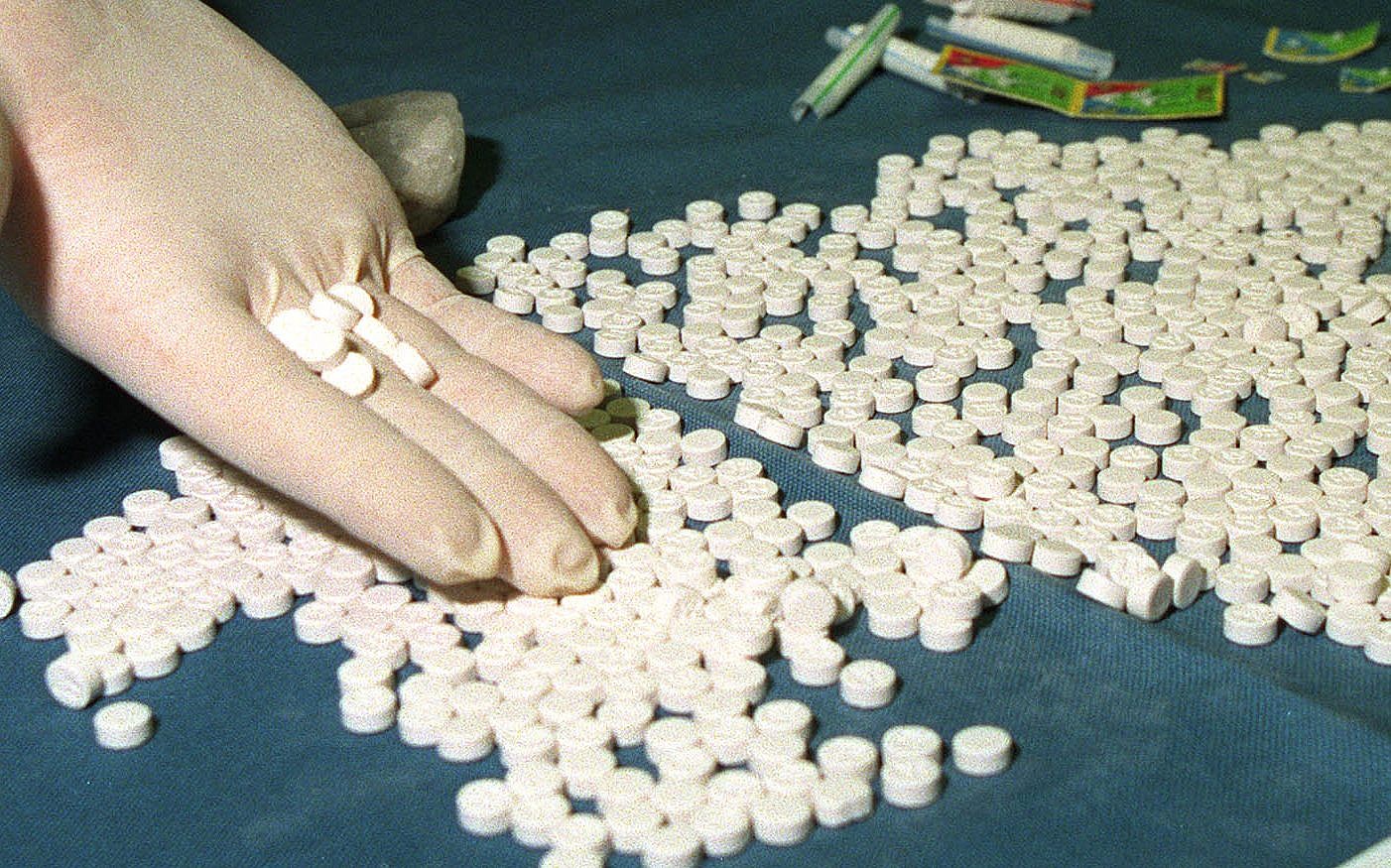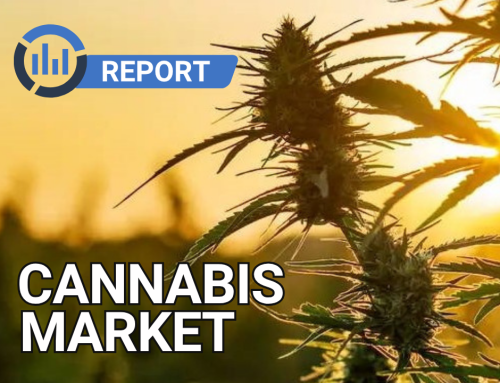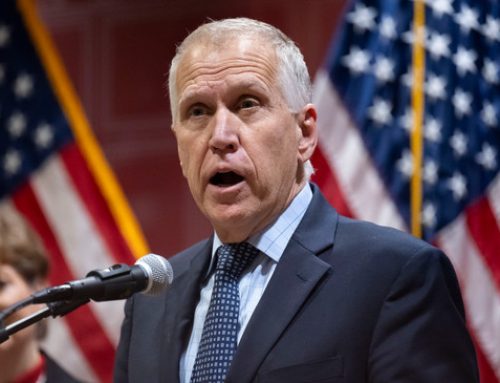Dutch State Committee Report on MDMA Highlights Public Health and Therapeutic Uses
LOS ANGELES- On June 6, 2024, the Dutch State Committee MDMA presented its report titled “MDMA: Beyond Ecstasy” to the Dutch Minister of Medical Care. The six-member committee, chaired by Brigit Toebes and co-chaired by Wim van den Brink, included experts in international law, addiction, psychiatry, criminal law, emergency medicine, and prevention.
The committee’s task was to examine MDMA’s status in public health and advise the government on the benefits and drawbacks of its medicinal use. This involved analyzing both the recreational use of MDMA (commonly known as ecstasy) and its therapeutic potential. The comprehensive 233-page report is based on literature reviews, stakeholder conversations, and internal discussions.
Recreational Use of MDMA
The committee found that although the prevalence of ecstasy use in the Netherlands is among the highest globally, prevention efforts have been relatively successful. The low frequency of use per individual, limited number of pills consumed per session, and minimal ecstasy-related deaths (five per year) indicate effective harm reduction strategies. These include the availability of water, chill-out rooms, pill-testing, and first aid services at festivals.
Key recommendations for recreational use include:
- Maintaining drug education and prevention efforts focused on specific risks and groups without criminalizing or stigmatizing users.
- Keeping MDMA on List I of the Dutch Opium Act due to its association with organized crime despite its low harm profile.
- Re-evaluating the criteria for classifying substances under the Dutch Opium Act, considering a potential future move of MDMA to List II.
Therapeutic Use of MDMA
The committee concluded that MDMA-Assisted Therapy (MDMA-AT) appears to be an effective and safe treatment for chronic, treatment-resistant PTSD. With approximately 400,000 people suffering from PTSD in the Netherlands and less than 25% receiving evidence-based treatment, there is a significant unmet need for effective therapies.
Recommendations for therapeutic use include:
- Facilitating the introduction and use of MDMA-AT for PTSD patients.
- Conducting a large naturalistic study to monitor PTSD patients receiving MDMA-AT due to the unlikely prospect of obtaining marketing authorization from the European Medicines Agency or the Netherlands Medicines Evaluation Board.
- Ensuring MDMA-AT is provided by qualified therapists in specialized settings.
- Addressing the shortage of trained therapists and specialized treatment centers to prevent unregulated use by commercial providers.
The report urges professional organizations to offer clear ethical and judicial guidance to prevent misuse and to install a hotline for individuals with negative experiences outside specialized settings. Communication about the successes and potential adverse effects of MDMA-AT should be realistic and transparent.
The State Committee’s report provides evidence-based guidance for policymakers on managing recreational MDMA use, developing national drug policy, and incorporating new therapeutic treatments involving MDMA.



































